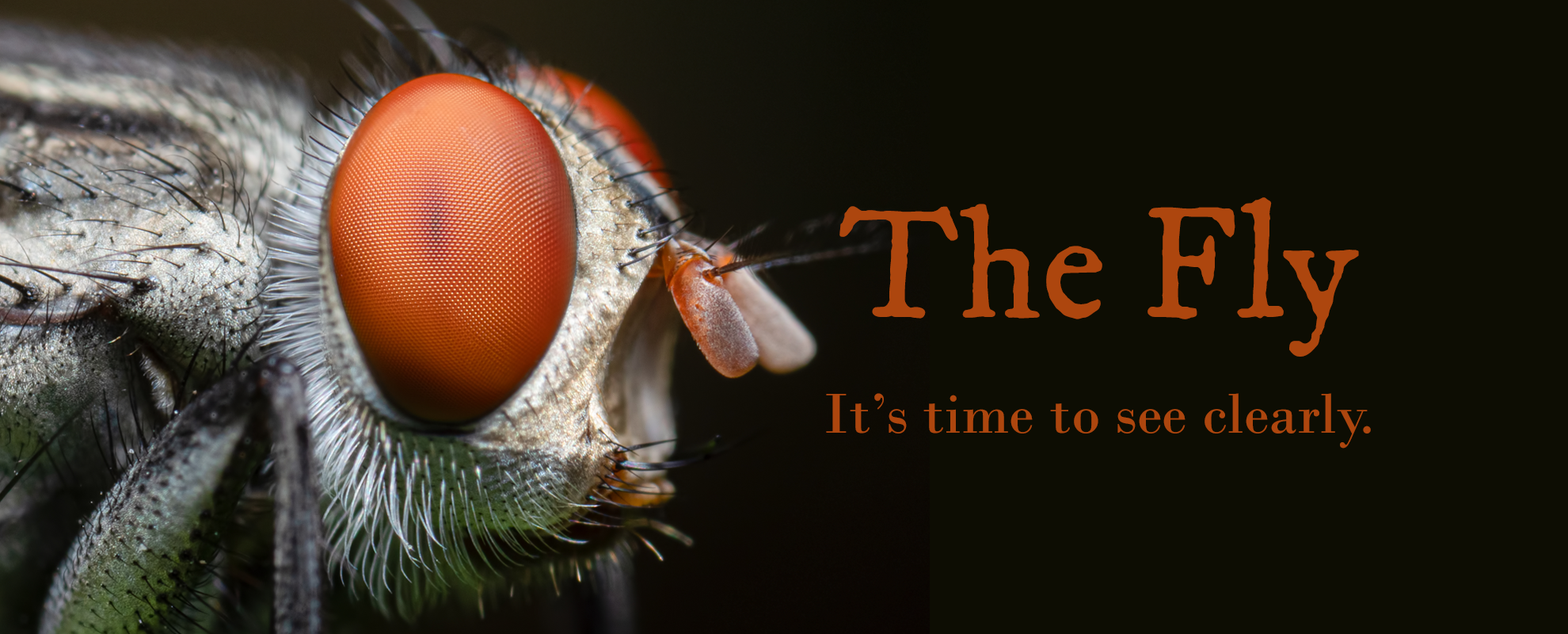

One of Einstein’s famous quotes was “You Don’t Have to Know Everything. You Just Have to Know Where to Find It”. When you want to know about the very real risks associated with the extinction crisis where do you turn? How do to you find the facts and the solutions, some of which have been ignored for years and even decades?
One thing is clear, we don’t have that much time left to change our relationship with the natural world, 2030 is seen as a tipping point. The science is clear, and we have run out of time for procrastination. So, what are you willing to change about how you behave in the countdown to 2030?
When you have access to a fuller picture of what we are collectively facing, will this inform how you shop, eat, vote, invest, where you work and the entertainment you choose, including where and how you travel.
Since 2013, I have written extensively researched blogs and article about all aspects of the trade in wild species, trade regulation and the conservation industry.
In 2020, I created an online magazine HowToSpendItEthically.Org to help consumers gain a greater understanding of how their purchasing behaviour can help to protect the natural world and not add to the extinction crisis, assuming no one really wants to be a Blind Shopper!
In 2021, I launched The Fly, with the mission to expose the global institutional failure and the incompetence, fraud and corruption enabling the exploitation of the legal trade in endangered species. The wildlife and environment that many of us gush about has been sold out by nearly 50 years of weak trade regulations.
Over the years, from Breaking the Brand, to Nature Needs More, these investigations have become bigger and more time consuming, unpacking opaque and secretive information about trade, trade deals, legislation, and regulation. The information uncovered during these investigations has constantly reinforced why they are worth doing. National and global systems are broken, and this is driving the extinction crisis and environmental collapse.
While it is great to see a growing volume of research into the scale of the legal trade and flaws in the systems that manage and regulate it, this work is fledgling and could easily slip back into obscurity. Even after the global pandemic, whose root cause is the that humans are vulnerable because the line between us and exotic animals has long been breached trade purposes, the legal trade goes unquestioned and is even clinically sidestepped by the premier conservation organisations.
The WWF website only quotes a figure of the value of the legal trade from the early 1990s!!??:
Why is the information WWF provides 30 years old? WWF, probably more than any other conservation organisation in the world, is the go-to organisation for the general public to get information on biodiversity loss. How does having 30-year-old information fulfil WWF’s mantra of an evidence-based approach? Given WWF is also the go to organisation for the mainstream media as its ‘expert source’ for quotes for articles on biodiversity loss, it will come as no surprise that the legal trade in wild species has been ignored by the media for decades.
This is the background for the launch of GlobalBreakdown.News, as we countdown to 2030. The topics investigated are Biodiversity, Collapse and Regulation. We highlight some Great Reads, for those who would like to understand more about the underlying drivers and enablers of the crisis we are collectively facing.
While this project is branded GlobalBreakdwon.News the research and the articles are products of a nearly 30-year partnership with my husband, Peter Lanius. We both write articles and we both do research. We work many hours to investigate the issues, pick apart the complexity, discuss the insights and write about what we have found and what can be done.
In addition to the articles, throughout GlobalBreakdown.News you will see MC/BC Adverts which stands for Mindset Change and Behaviour Change Advertising. MC/BC advertisements are simply visual statements to show how the big issues we are collectively facing are, in reality, very personal to each and every one of us. As the UN Secretary General recently stated, “We have a collective choice. Collective action or collective suicide”.
These adverts will be created to reflect the level of urgency and the scale of change needed. We can’t promise that these messages will be always painless. Sometimes we will certainly point to greed, selfishness, or apathy. There is a belief in many circles that all messages should be positive, don’t upset people, people only learn and change when they feel positive, are having fun and are engaged. This mindset is pervasive; it is naïve and just plain wrong. These is ample evidence that Discomfort Triggers Behaviour Change.
GlobalBreakdown.News will provide you with the information you want and need to make some urgent and critical decisions. Sign up. Follow us on Bluesky and LinkedIn. And send us tips for investigations and stories.
In our passion for wildlife and the natural world one thing is clear, we don’t have that much time left to change our relationship with the natural world, 2030 is seen as a tipping point. The science is clear, and we have run out of time for procrastination. So what are you willing to change about how you behave in the countdown to 2030?
To find out more and to subscribe, follow the link: GlobalBreakdown.News







